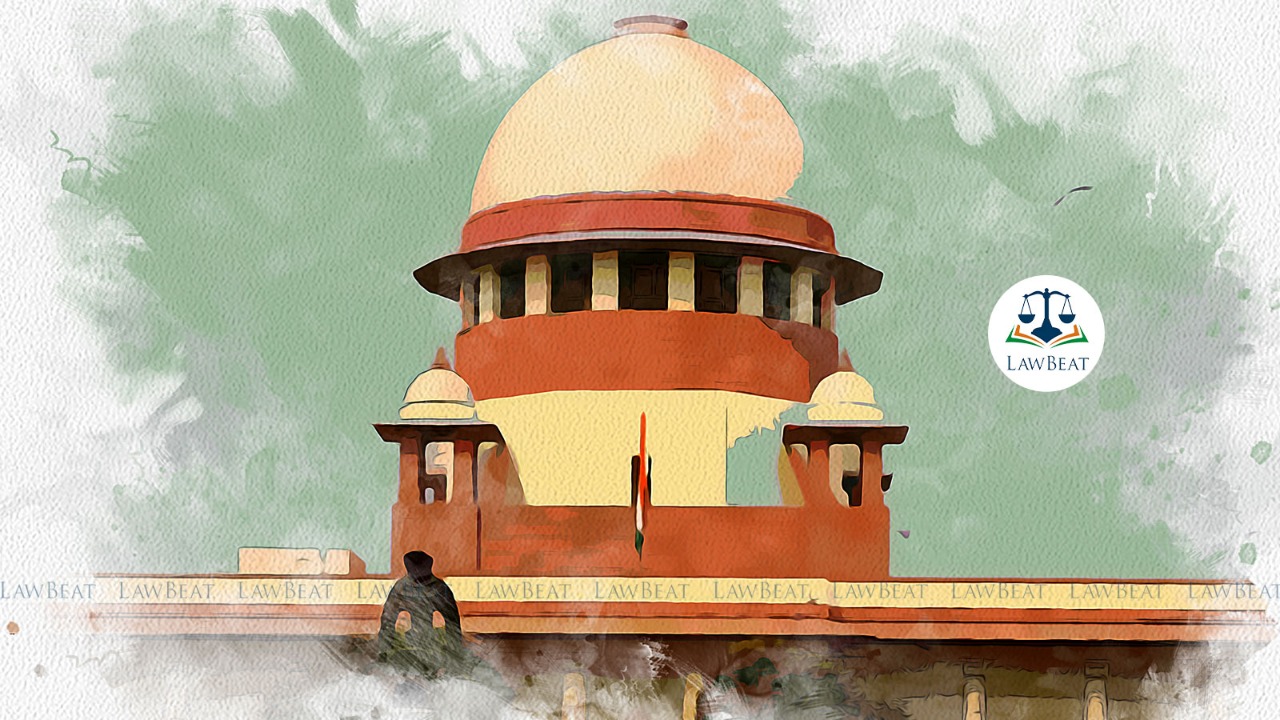Supreme Court asks States to provide security to Bar Council of India’s inspection teams visiting law colleges

A Supreme Court bench of Justices Sanjay Kishan Kaul and MM Sundresh today directed the State Governments to provide security to the Bar Council of India’s inspection teams during their visit to conduct inspections of the States' law colleges.
The direction was passed on the submission made by the Bar Council of India that the institutions where the BCI conducts inspections are not cooperating with the teams.
The above transpired in a plea by the Bar Council of India challenging the Gujarat High Court’s judgment which permitted persons with employment to practice as advocates without having to resign from their jobs. The Top Court had appointed Senior Advocate KV Vishwanathan as an amicus curie in the case to analyze the position of law.
In March 2022, the Supreme Court had asked the BCI to decide on questions such as:
- Having better accountability from law colleges on account of their growth and the absence of requisite faculty.
- Tightening the All India Bar Examination (AIBE) to ensure that the candidates don’t just take advantage of random answers made without any consequence and introduction of negative marking and questions that carry more weightage in negative marking.
- Evolving a fair system for juniors to find placement in chambers.
- Not insisting that a candidate resign his job before taking bar examination and granting them time to resign a job after taking the bar examination.
According to media reports, the Bar Council of India had filed an affidavit stating that it has earmarked 500 institutions that are below the standards and it has constituted a team to take steps in this regard. It had further submitted that a teacher training college has been established in Bhubaneshwar to specifically train faculty who teach law.
The BCI had also informed that there is a committee consisting of senior lawyers and judges that are involved in such assessment.
The Supreme Court, on hearing these submissions, today asked BCI to place the composition of the committee on record and that it expects BCI’s urgent attention to the issue.
With regard to tightening the AIBE, the BCI had stated that a High Powered Committee has been constituted to consider the same. Court, however, noted that the committee has been in existence for a year and no report has been forthcoming from the committee. Court asked the committee to bestow an early consideration.
With regard to evolving a fair system for juniors to find placement in chambers, the amicus suggested that the bar council conduct an examination for placements and lawyers with experience of 20-25 years in the bar may choose juniors who are best suited for their chambers. Court asked the BCI to consider the same.
As regards the proposal of not insisting that a candidate resign his job before taking bar examination and granting them time to resign a job after taking bar examination, the amicus suggested that a provisional enrolment be given to those who wish to take the bar examination and a period of six months be given for the candidate to decide whether they will take up practice or continue with the employment.
Court noted that this suggestion is appropriate as the balance of convenience can be maintained. Court also noted that this subserves the object that a person takes the exam and continues in another profession and then claims seniority years later based on that exam.
Court further stressed that if the person exercises the option to continue in employment then he would have to take the Bar exam again when he seeks to practice again as a lawyer. Court remarked, “Thus, 6 months is a good enough period for a person to decide to whether they want to be in law profession or continue in another employment.”
Court, therefore, asked the BCI to take steps on the above and report back to the court. The BCI sought six weeks' time for the same as the committees have to be consulted before filing an affidavit. To this, Justice Kaul remarked, “Instead of constituting High Powered Committees, constitute committees which can decide faster.”
Lastly, Amicus Curie requested the court to list the matter before the summer vacations “in order to keep the heat on.” Court agreed to do the same.
Case title: Bar Council of India v. Twinkle Rahul Mangonkar And Ors
